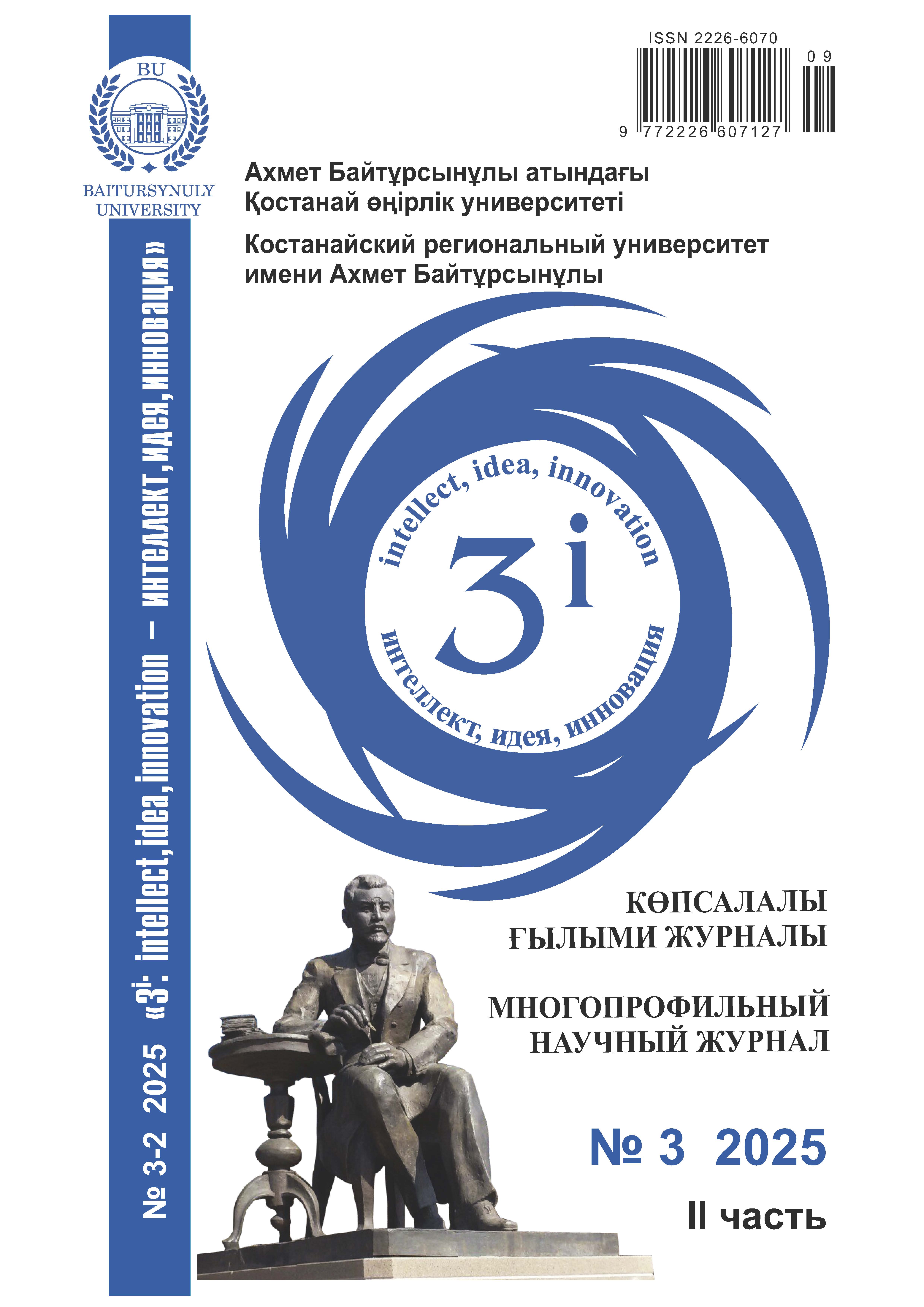PREPARATION OF A FUTURE TEACHER-FACILITATOR FOR USING ARTIFICIAL INTELLIGENCE TECHNOLOGY IN SOLVING PEDAGOGICAL TASKS
DOI:
https://doi.org/10.52269/KGTD253254Keywords:
teacher, facilitator , pedagogical task, interaction , artificial intelligence , ChatGPT, Copilot, facilitator trainingAbstract
The article highlights that improving the educational process in modern schools in such a way that graduates are formed as intellectual poly-subjects - capable of navigating any crisis situation - is an emerging and increasingly relevant issue. This challenge demands attention from the state, researchers, and practitioners alike. The integration of the concepts of “intellectual poly-subject” and “teacher-facilitator” into the educational system necessitates a new approach to specialist training, including the incorporation of artificial intelligence (AI) technologies into the learning process. However, the relationship between the use of technologies such as ChatGPT and Copilot and the outcomes of teacher training remains largely overlooked. Consequently, preparing future teacher-facilitators to utilize AI technologies in addressing pedagogical tasks has become a pressing issue.This article is devoted to the development of tools and methods for training future teacher-facilitators to apply ChatGPT and Copilot technologies in solving pedagogical problems. The core idea behind using ChatGPT and Copilot lies in gathering essential information to effectively implement the training process for teacher-facilitators. This approach enables a shift from expected outcomes to mandatory results, grounded in a deep understanding and structured exploration of problem-based and cognitive themes in school mathematics. As a result, the quality of teacher-facilitator preparation is significantly enhanced.




